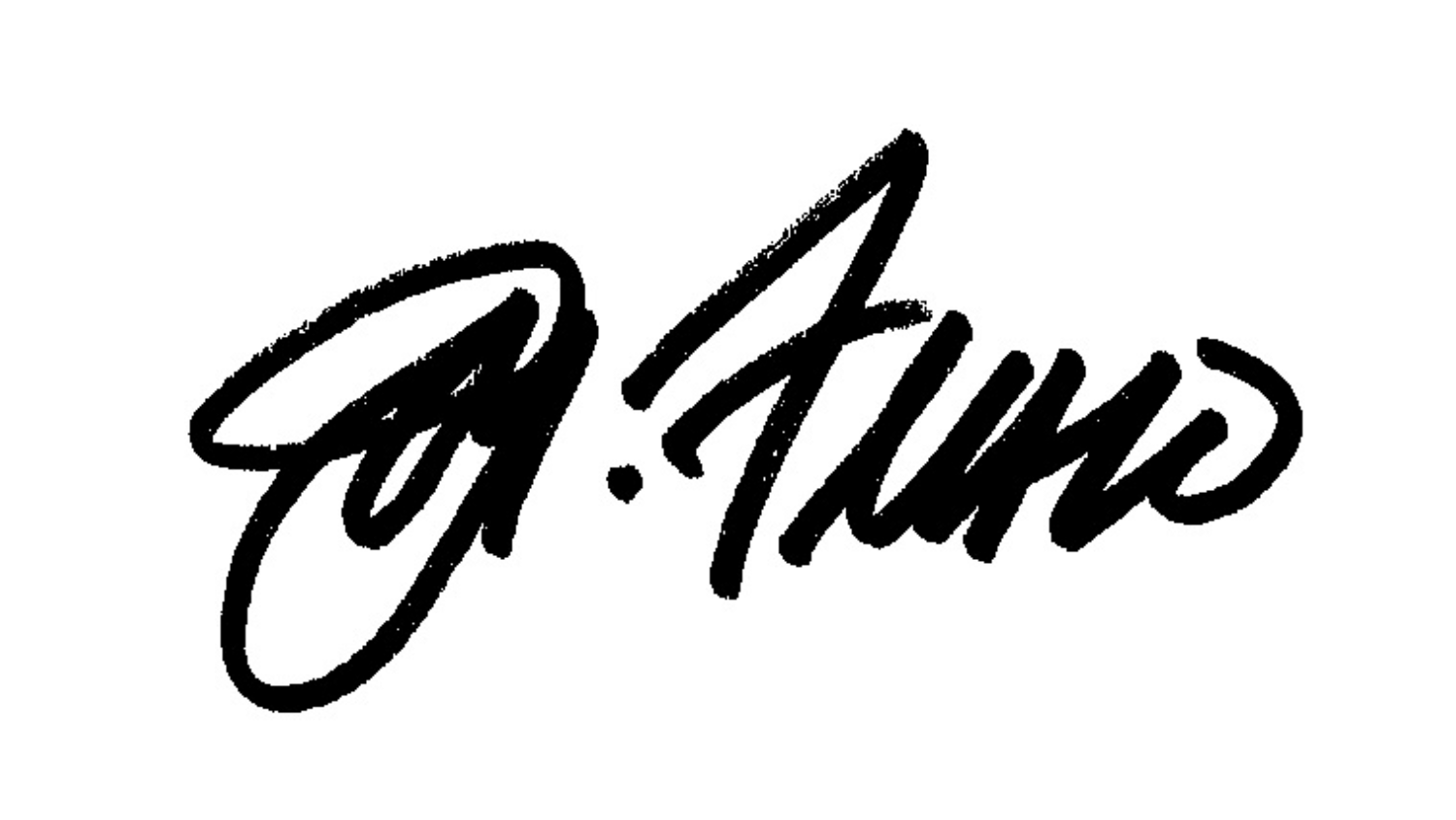I rely on my children’s schools — virtually on faith alone — to do an excellent job teaching them literature, math, biology and history and so on.
But what scares me most is that I have no one to rely on but myself to teach them the skills I have come to understand play the most significant role in their pursuit of happiness, success and achievement — passion, commitment, focus and resiliency.
This wonderful story is from Hollywood Remembered, an oral history of the movie industry. It is an interview with producer A.C. Lyles, who worked at Paramount for over 60 years. This is the kind of child would hope I could raise to adulthood, even as I realize how terribly inadequate I most likely am, both as a teacher and a role model.
“When I was 10 [in 1928] I wanted to make movies…
 “I had seen a picture called Wings — the first and only silent picture to win the Academy Award — with Clara Bow… and a new fella named Gary Cooper [who subsequently became a huge star]. I went and just fell in love with that picture. It was a Paramount picture playing at the Paramount Theater [at the time, the studios owned the theaters] in Jacksonville. I had seen that it said Adolph Zukor Presents, so I was in awe of Adolph Zukor [the founder and CEO of Paramount]. I spoke to the manager of the theater that day [to see] if he would give me a job. And he gave me a job handing out leaflets…
“I had seen a picture called Wings — the first and only silent picture to win the Academy Award — with Clara Bow… and a new fella named Gary Cooper [who subsequently became a huge star]. I went and just fell in love with that picture. It was a Paramount picture playing at the Paramount Theater [at the time, the studios owned the theaters] in Jacksonville. I had seen that it said Adolph Zukor Presents, so I was in awe of Adolph Zukor [the founder and CEO of Paramount]. I spoke to the manager of the theater that day [to see] if he would give me a job. And he gave me a job handing out leaflets…
“After four years in the job [he was then 14] I eventually met Adolph Zukor… when he came to Jacksonville. I asked him to let me come to Hollywood to work for him. He said, “Well, you’re just a kid, but you’ve been working for Paramount now for four years at the theater. So you finish high school, keep in touch, and I’ll hire you when you get out of high school.”
“Now that was extremely kind of him… when he said to keep in touch and finish high school, my main objective then was to finish high school. But the most important thing was writing him a letter every Sunday. He didn’t tell me to write him every Sunday, he just told me to keep in touch. So I wrote him every Sunday for four years.
“He didn’t write back — I didn’t hear from him but it didn’t matter. I never lost confidence or lost courage. I just knew he was looking forward to my letter each week as much as I was looking forward to writing him.
“One day Gary Cooper came to my hometown. I was writing movie news for the hometown paper. I saw Mr. Cooper and I told him I would be out here in Hollywood to work at Paramount as soon as I got out of high school. And there again, for some reason, he took a quick liking to me. I told him about my letters to Zukor every Sunday and he asked me what I would be writing about this week, and I said, “Oh, about meeting you, Mr. Cooper.”
“So he said, “Give me a piece of paper.” So he… wrote a note to Adolph Zukor saying, “I’m looking forward to seeing this kid on the lot.” So I wrote to Mr. Zukor telling him I had met Gary Cooper and enclosed the note to him.
“Then I heard from Mr. Zukor indirectly. A woman named Sidney Brecker, who was his secretary, wrote to me and said, “Mr. Zukor has been receiving your letters. But he feels that you don’t have to write every week. If you wrote once every three or four or five months, that would be enough.”
“Well, that didn’t discourage me at all. I continued to write to Mr. Zukor every Sunday. But I also had a new pigeon, Sidney Brecker, his secretary. So I wrote her every Sunday too. My whole main objective all week was what I was going to write to Mr. Zukor. Then I had to write another original letter to Sidney Brecker…
“I wrote [Zukor] a letter every Sunday for four years, keeping in touch. The day I got out of high school [in 1936, in the heart of the Great Depression], I was in a day coach headed for Hollywood, where you sit up — probably four days and four nights. I had $48 in cash that I had saved up, and two loaves of bread, and two jars of peanut butter and a sack of apples, and I headed for Hollywood. Got off the train downtown, took the streetcar straight to Paramount, and told them at the gate to tell Mr. Zukor I was here.
“And I’ve been here ever since.”
I would be willing to forgive almost any variety of numbers or letters on their report cards if they genuinely demonstrated this kind of heart.
But for now, that’s just between us.

